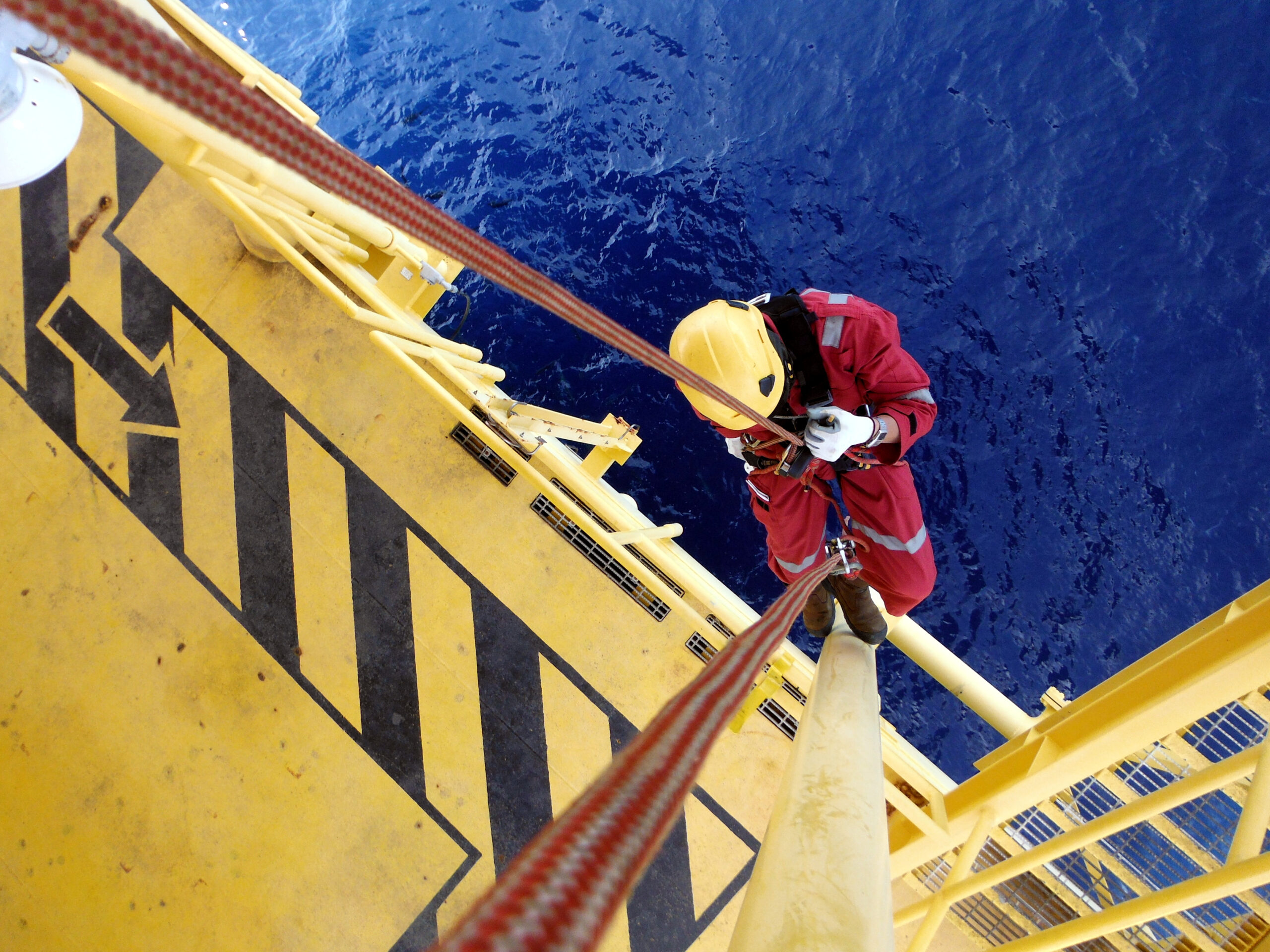
London, Thursday 23 March 2023. The UK offshore wind energy industry is experiencing a boom, thanks to the global shift towards renewable energy, and the UK’s vast coastland.
However, a wind of change is about to blow over the industry as the UK Home Office has announced the end of the offshore wind workers’ visa concession (hereafter referred to as ‘Concession’).
What does the immediate future hold for the UK offshore wind industry when the Concession finally expires, and what can employers do to prepare?
What is the Concession?
The UK Home Office introduced the Concession in 2017. Under the scheme, nationals from the non-European Economic Area (EEA), with necessary skills in the offshore wind industry, can enter the UK’s territories and work for a limited period.
Foreign nationals with in-demand skillsets, such as seafarers, engineers, technicians, welders, etc., qualify to apply to work on the construction and maintenance of offshore wind farms in the UK.
When is the Concession ending?
The UK Home Office has announced that the Concession will not be extended after the current extension ends on 30 April 2023. While there may be a tendency to expect another delay after the sixth time, the UK government has emphasized that the industry should prepare for the Concession going away for good.
Why was the Concession necessary?
The demand for a skilled offshore wind energy workforce is global. The Global Wind Organisation (GWO) estimates that the global market requires approximately 568,800 certified workers by 2026. They are needed to construct, operate, and maintain a global wind fleet of 1,394 GW.
In the UK, the Government has an ambitious target of increasing its offshore wind capacity fivefold to 50 GW by 2030. Total capacity stood at 13.8 GW in 2022.
This represents an industry growing at an exponential rate, with the supply of trained, skilled workers not yet meeting the demand. The industry employed 31,000 workers in 2022, 16% more than the previous year, and is expected to employ over 97,000 in the UK by 2030, according to the Offshore Wind Industry Council.
The Concession scheme was created to make up for the shortage of skilled workers in the offshore wind sector, highlighting the UK’s commitment to meet its significant sustainable energy targets.
However, the Home Office emphasized that the scheme is not a permanent solution. Instead, it is meant as a short-term measure to ease worker shortages while the Government invests in education and training programs to develop a more skilled workforce.
What happens when the Concession ends?
When the current extension ends, all foreign workers already in the UK under the Concession will require another visa type to be eligible to remain. New foreign workers will need immigration permission to be eligible to start working.
What are the impacts of the Concession ending?
The main benefits of the Concession include time and cost savings. Under the scheme, employers did not need to apply to the Home Office for a sponsor license before signing up skilled foreign workers. However, after 30 April 2023, employers will bear the cost and time to arrange sponsored visas for their foreign recruits.
In addition, the roles requiring sponsored visas have eligibility requirements, including skills and salary thresholds.
Foreign workers also need to pass an English test and apply for sponsored visas from outside the UK – all aspects which present logistical challenges for both employers and employees.
Many ongoing or planned offshore wind energy projects can anticipate facing staffing challenges, including floating projects such as the 100 MW Salamander Project off the East coast of Scotland, the 1 GW Gwynt Glas off the coast of England and Wales, and fixed-bottom installations such as the 3.6 GW Dogger Bank farm off the coast of England, the 1.4 GW East Anglia THREE off Suffolk’s coast, and 1.4 GW Sofia farm on the North Sea.
Another impact of the end of the Concession is that the UK offshore wind energy industry may struggle to attract skilled foreign workers, despite its projected growth, because other countries also need to boost their offshore wind workforce.
For example, the global offshore wind project pipeline stands at 1174GW, spanning 1417 projects in 38 countries. The UK accounts for only 8%, meaning there is no shortage of places for skilled workers to head to.
Germany is projected to become Europe’s largest wind market over the next five years due to its rising offshore installations, making it an attractive destination for skilled offshore workers. By 2030, Germany’s offshore wind energy output would have jumped to 30 GW from 8.1 GW in 2022, still falling short of the UK’s ambitious goal of 50GW of installed offshore wind capacity by 2030.
However, for UK workers, the end of the concession may prove to be an advantage as the absence of foreign workers means less competition for jobs.
What should employers be doing to prepare for the end of the Concession?
The Home Office has advised employers to start planning ahead of the Concession coming to an end. They need to factor in the expiration when planning their worker rotations on vessels and wind farm construction and maintenance jobs. This is because foreign workers without sponsored visas will not be able to continue working. Workers from the EU, EEA, and Sweden are also affected unless they have obtained pre-settled status under the EU Settlement Scheme or are eligible for the Frontier Worker Permit.
Sponsored visa rules are complicated, and approvals may take time, especially when the employer must first apply for a sponsorship license. This makes it essential for companies that require the services of foreign offshore workers to start the process as soon as possible.
Offshore wind companies need not wade into the waters of sponsorship visas though.
As a Maritime Labour Convention (MLC) certified manning agency, Offshore Operations has been working with clients to prepare for this change.
We understand that for in-house crewing teams, the Visa process is a time-consuming and labour-intensive process, which is why we offer comprehensive visa application support services to our clients. Our services include, but are not limited to, document preparation and submission, Visa application process guidance, pre-employment medical and fitness checks, travel and accommodation arrangements and onsite support.
What’s more, our experienced team are on-hand to provide a hassle-free and cost-effective way of recruiting temporary and long-term skilled and reliable staff. With extensive industry expertise, compliance knowledge, and a strong commitment to health and safety, we are your trusted provider of complete recruitment and manning packages.
If you’d like more information, advice, or guidance on the Concession, contact our dedicated team today: [email protected]
